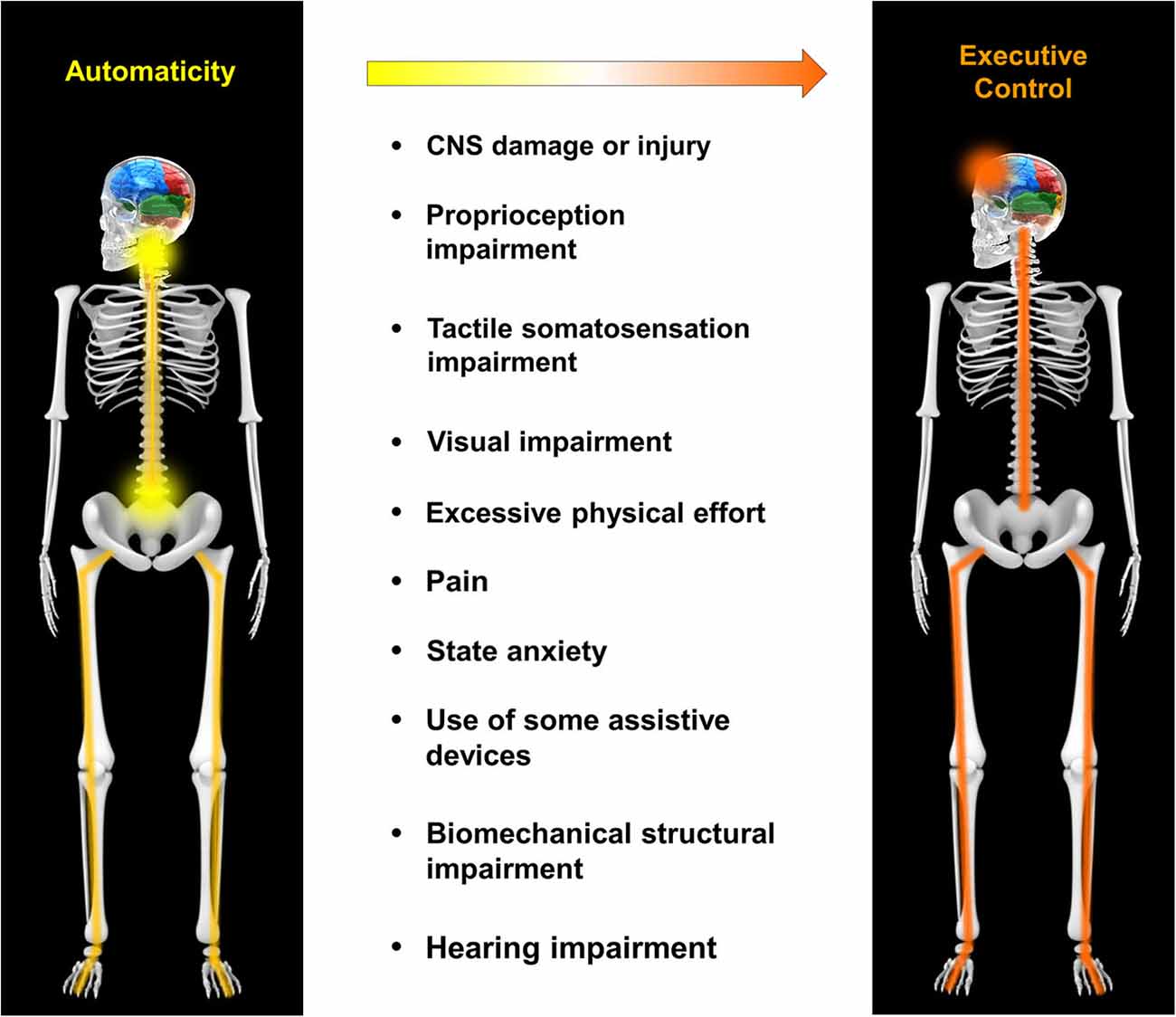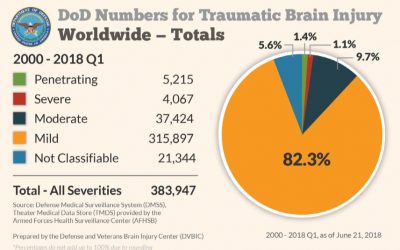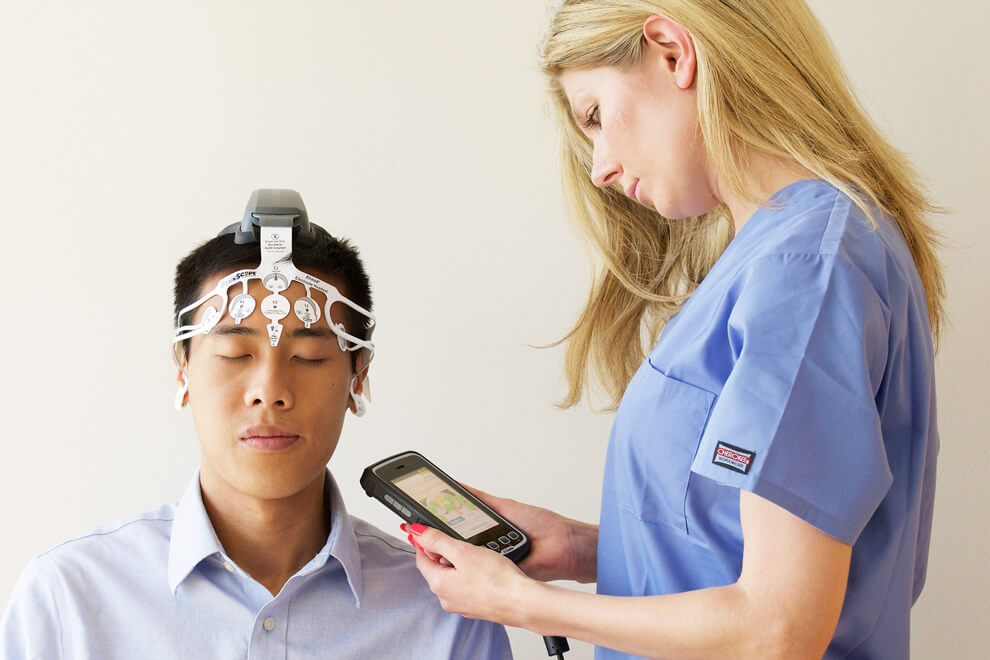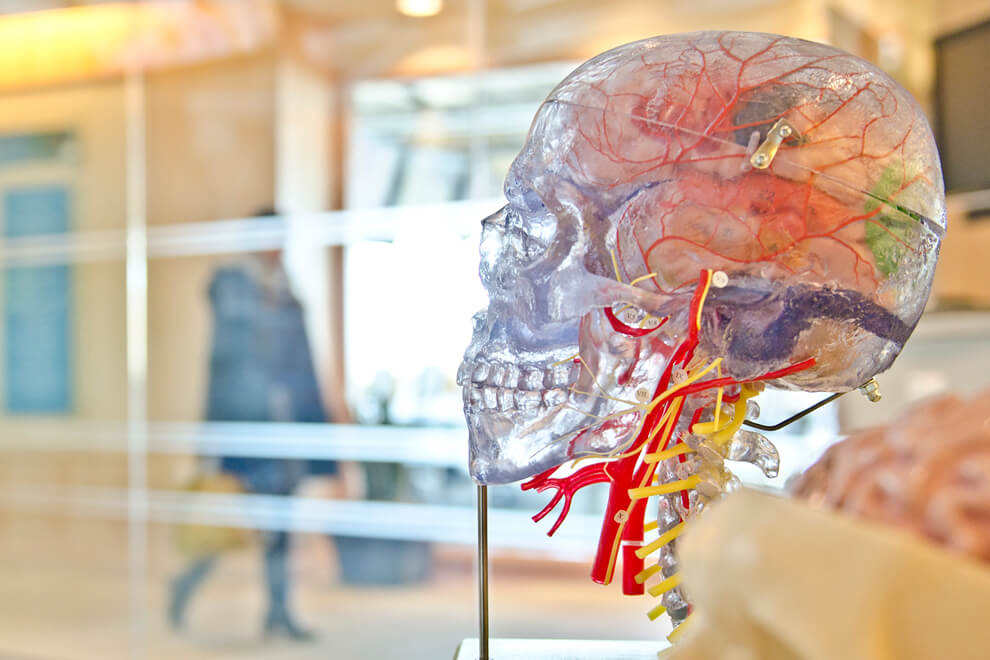GAINESVILLE, FL — When people want to describe themselves as uncoordinated, they might say they have trouble walking and chewing gum at the same time. However, the act of walking—one of the most basic human skills—is not nearly as simple as that phrase makes it sound.
Treatment for Hepatitis C Might Lower the Risk of Parkinson’s Disease
WASHINGTON – In a case of welcome unintended consequences, the VA might be lowering the risk of Parkinson’s disease by treating another common condition: hepatitis C virus.
VA Expands Parkinson’s Disease Services to Improve Patient Care
PHILADELPHIA—Building on the success of the Parkinson’s Disease Research, Education and Clinical Centers, established in 2001, the VA has expanded care for the nearly 100,000 veterans affected by the neurodegenerative disease through the creation of the National VA Parkinson’s Disease Consortium.
Monitor Veterans with Any Level of TBI for Parkinson’s Disease
SAN FRANCISCO—Traumatic brain injury has been called the “signature injury” of recent conflicts, with the DoD reporting nearly 384,000 TBIs sustained between 2000 and the first quarter of 2018.
Therapy Advances Help Veterans Manage Parkinson’s Disease ‘Off Episodes’
PHILADELPHIA—For five decades, physicians have used carbidopa/levodopa to treat the rigidity, tremors and slowed movement associated with Parkinson’s disease.
Court Ruling, New Law Support ‘Blue Water Veterans’ with Parkinson’s Disease
WASHINGTON—A recent political development, more than 50 years in the coming, has the potential to significantly change who receives benefits for Parkinson’s disease through the VA.
Veterans With PNES Have Lower QoL vs. Other Seizures
PORTLAND, OR—Do seizure disorders affect veterans differently than patients who have never been in the U.S. military? And does the type of seizure matter? A study published in Epilepsy & Behavior examined those issues.1 VA researchers from Portland, OR;...
Higher Efficacy DMTs Reduce MS Brain Atrophy
BETHESDA, MD—How do disease-modifying therapies (DMTs) affect region-specific brain atrophy in multiple sclerosis? A recent study sought to answer that question. Researchers from the Center for Neuroscience and Regenerative Medicine, at The Henry M. Jackson Foundation...
TBI Might Not Be a Risk Factor for Alzheimer’s Disease
BOSTON—New research is calling into question whether traumatic brain injury is actually a risk factor for Alzheimer’s disease. A report in the journal Alzheimer’s & Dementia discussed recent research with neuropathologic or biomarker evidence of Alzheimer’s...
Physical Fitness Associated With Lower Parkinson’s Rates
While exercise is important physical therapy for Parkinson’s disease, it might be more than that.
Increasing Usage of SSRIs for Dementia Symptoms
Emerging data has suggested effectiveness for selective serotonin reuptake inhibitors for treatment of behavioral and psychological symptoms of dementia.
Rural Veterans With MS Benefit from Clinical Video Telehealth Rehabilitation
Of the more than 28,000 veterans with multiple sclerosis (MS) who receive care at the VHA, almost 45% of them live in rural or highly rural areas, a recent conference presentation pointed out.
Algorithm Proposed to Improve Detection of MS Lesions
Magnetic resonance imaging (MRI) is considered crucial for in vivo detection and characterization of white matter lesions (WMLs) in multiple sclerosis.
Many Survey Respondents Say Marijuana Is Good for MS
Despite insufficient evidence regarding its risks and benefits, marijuana is increasingly available and aggressively marketed to the public, according to a new study which sought to understand the public’s views on the risks and benefits of marijuana use.
Even Mild TBI Can Dramatically Increase Risk of Developing Parkinson’s Disease
Mild traumatic brain injury, commonly known as concussion, appears to increase a patient’s risk of developing Parkinson’s disease by as much as 56%, a new veterans study found.
Even mild TBI increases veterans’ dementia risk
The risk of dementia is increased even in veterans who suffer mild traumatic brain injury (TBI) without loss of consciousness.
Deep brain simulation extends Parkinson’s survival
Deep brain stimulation (DBS) not only improves motor function in patients with Parkinson’s disease, as demonstrated in earlier studies, it also appears to extend life, according to new VA research.
Gene variant plus TBI worsens symptoms
A gene variant used to predict Alzheimer’s disease also appears to signal worse psychiatric symptoms in patients who have suffered a traumatic brain injury (TBI), a new study reported.
MS in Gulf War Veterans: Zeroing-In on Types, Disability Levels
While veterans serving in the military during the Gulf War era (GWE) appear to have higher risk for multiple sclerosis and a range of neurological illnesses, little has been documented previously on prevalent types of MS or other clinical features.
First-Ever Study Focuses on How Well VHA Cares for TIA Patients
INDIANAPOLIS — While many healthcare systems measure the quality of their stroke care, looking at performance early in the vascular disease process can help avoid acute events altogether.
New Research Addresses Unique Challenges to Brain Health Faced by Servicemembers
Neuroscientists are tackling some of the challenges to brain health predominantly experienced by servicemembers – and that has important implications for the broader population.
Epilepsy Centers of Excellence Provide Options for Veterans With Drug-Resistant Epilepsy
Epilepsy is substantially more common in veterans than the general population and, in up to 40% of them, anti-epileptic drugs (AEDs) fail to control their seizures.








